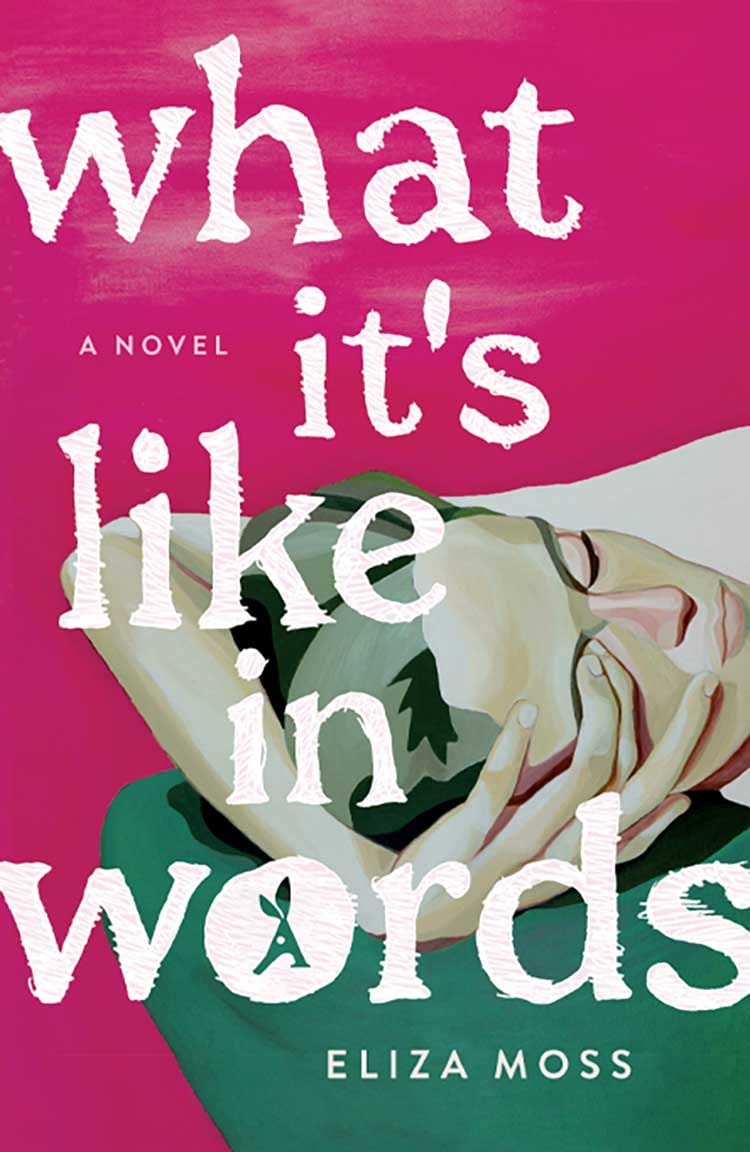

My thoughts:
I know I have said this a billion times (and will continue to say it) – I love an unreliable narrator who is equal parts likable and infuriating, and this book gave me that in spades. This is a visceral, unflinchingly honest exploration of codependency, insecurity, and emotional abuse. It’s uncomfortable, maddening, but also poignant at times. I simply couldn’t get enough. (I’m not sure what that says about me.)
At the novel’s center is Enola, a woman approaching her 30th birthday, burdened by societal expectations and personal insecurities. She’s a dreamer who longs to be a writer but is paralyzed by self-doubt, so she sticks with a ho-hum job that doesn’t wholly fulfill her.
The novel takes a sharp turn when Enola falls for an enigmatic writer she meets at a writing workgroup, a man whose charm is only matched by his toxicity (and boy is he ever toxic). He is distant, moody, and manipulative, and the sex isn’t great, but he fills a void, so she clings to the dream of their future together. I can’t tell you how often I wanted to push my head into the book and say, “Girl! Leave. His. Ass!” I was so frustrated with her, but those frustrations came up because of how Moss masterfully depicts Enola’s sense of self (or lack thereof) as she bends over backward to be the “Cool Girl” that this man will fall for. This dynamic is excruciating to witness but crucial to the story’s power.
One of the novel’s greatest strengths is its rawness. Moss does not shy away from the darker, messier aspects of Enola’s life. Scenes of emotional manipulation and neglect are depicted with brutal honesty, forcing readers to sit in the discomfort of Enola’s reality. At times, it feels almost voyeuristic, as if we are peering into the most vulnerable, private moments of her life. However, this rawness is balanced by Enola’s eventual growth. Though slow and fraught with setbacks, her transformation is portrayed so realistically that it adds to the discomfort. I’ve been there – and I think that’s why it was so uncomfortable for me. I knew what she was thinking/hoping for.
Moss also does a commendable job weaving in Enola’s relationships with others—her best friend, who serves as her voice of reason; her mother, with whom she shares a strained relationship; and even her younger self, whose idealism and creativity haunt her throughout the narrative. These connections add depth to the story and remind us that rarely does a toxic relationship just happen – we tend to gravitate toward them when there’s something broken inside of us. We can’t break the cycle until we acknowledge and then fix it. Enola’s journey is as much about finding herself as it is about extricating herself from the man who threatens to destroy her – again, so relatable!
I loved how the novel delves deeply into the question that haunts so many stories of dysfunctional relationships: Why doesn’t she leave him? With raw emotion and uncomfortable truths, Moss has crafted a story that is equal parts heartbreaking and hopeful. Enola’s journey toward self-discovery and self-worth is messy and imperfect but also deeply inspiring. Her story is a reminder that growth is possible, even in the aftermath of pain.
In this book, the author delivers a poignant, unvarnished portrayal of a woman grappling with love, loss, and identity. It’s a novel that will resonate with anyone who has ever doubted their worth or struggled to find their voice. While it may be a difficult read at times, it’s an important one I will likely revisit at some point.
Genre(s):
Other Bookish Tags:
Book Club/Book Box:













